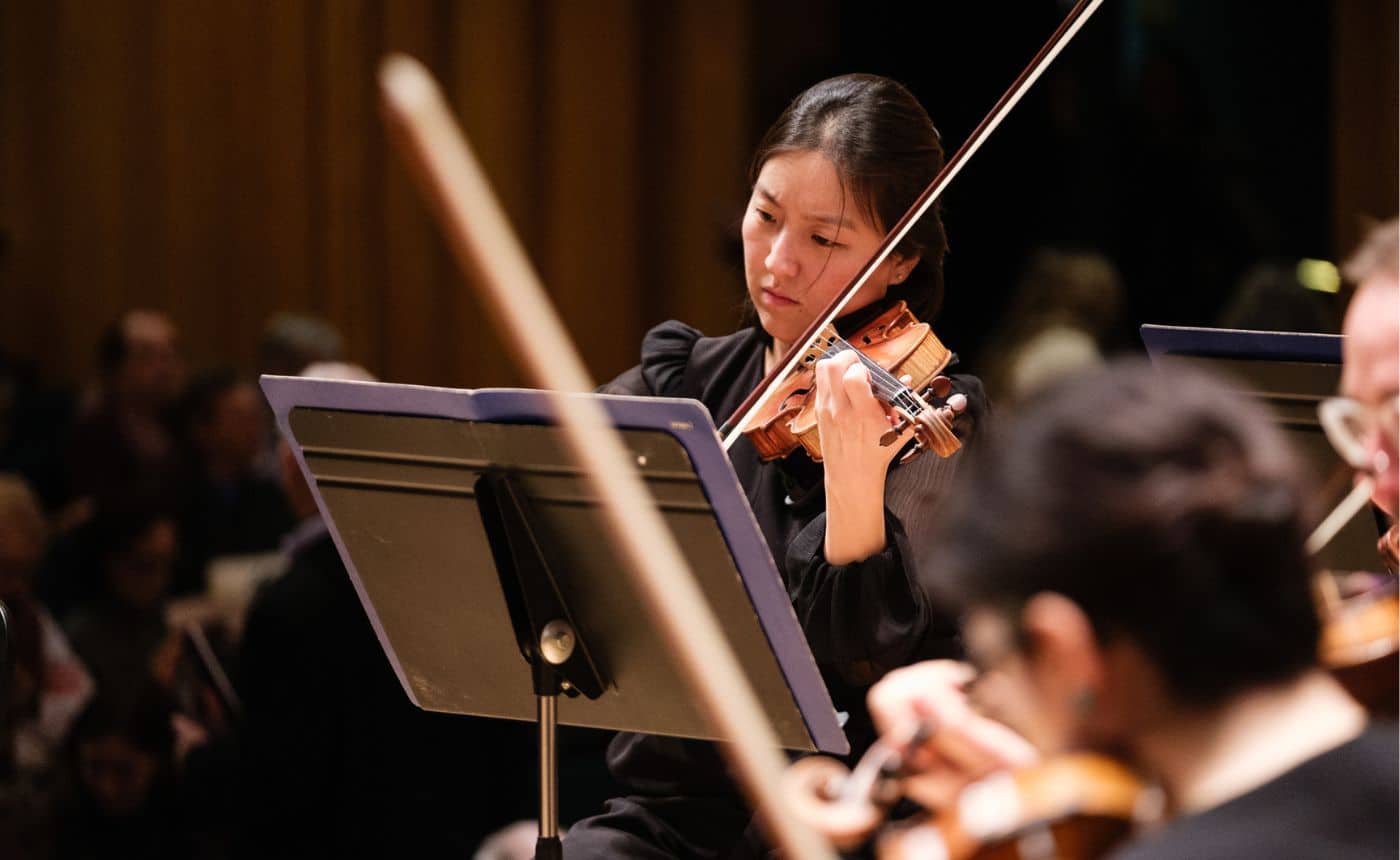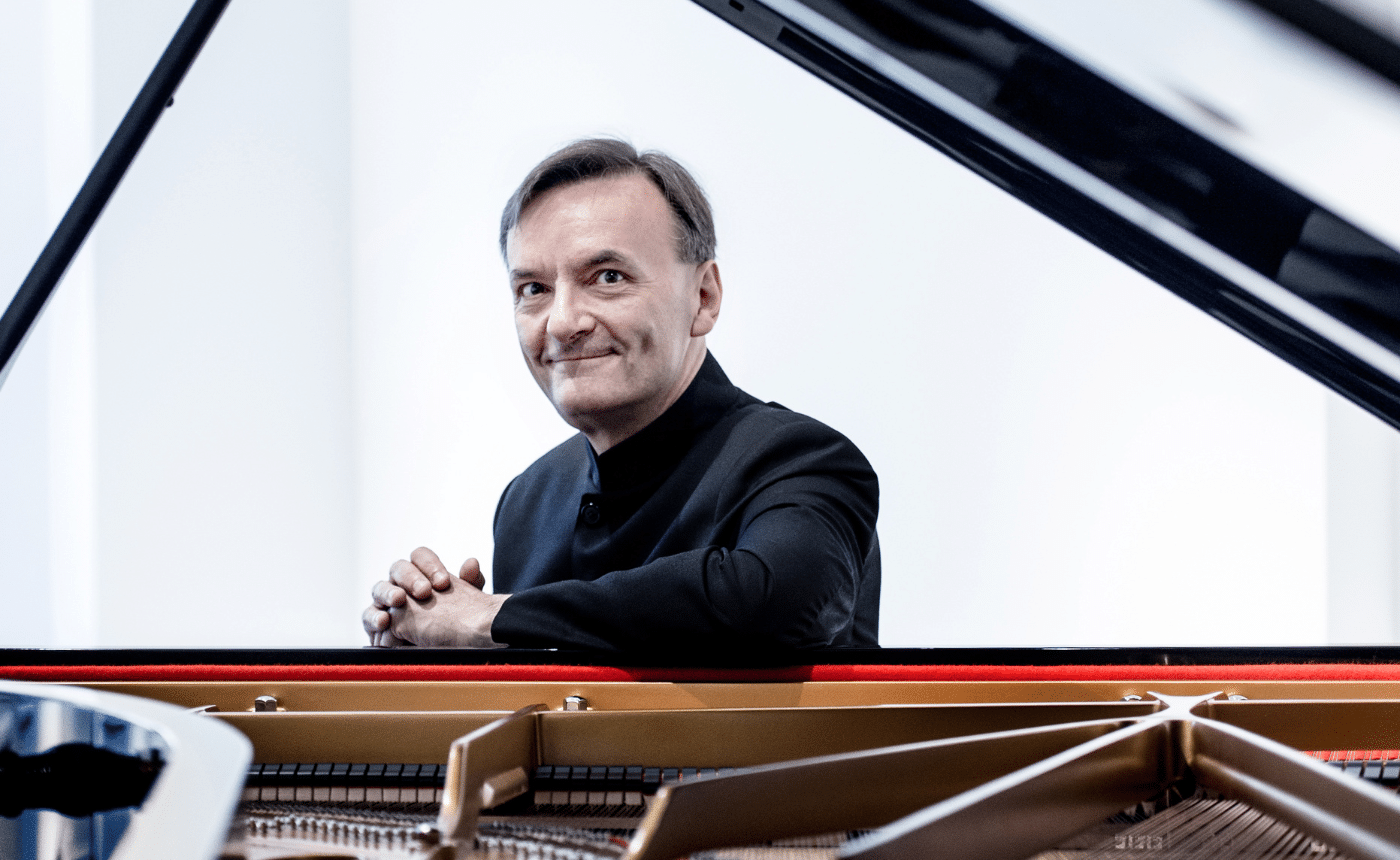Wagner – Prelude to Act I of “Lohengrin”
Written by Jeff Counts
Instrumentation: 3 flutes, 2 oboes, English horn, 2 clarinets, bass clarinet, 3 bassoons, 4 horns, 3 trumpets, 3 trombones, tuba, timpani, cymbals, strings
Duration: 8 minutes.
THE COMPOSER – RICHARD WAGNER (1813-1883) – When Wagner’s sixth opera LOHENGRIN was premiered in 1850, Franz Liszt was on the podium, not the composer himself. In fact, Wagner was not even in the same city, having been exiled in Switzerland since his role in failed Dresden insurrection necessitated a hasty flight from Prussian troops and an arrest warrant in 1849. It was a time of ill health and grave depression for Wagner, who even considered suicide.
THE MUSIC – LOHENGRIN was Wagner’s first internationally recognized masterpiece and the work that officially announced the arrival of a new operatic genius. Not surprisingly, the story is Nordic in its origin and heroic in its progression. The plot centers on a dispute over ducal succession in the Brabant region of the 10th century German Empire. Elsa is accused of murdering her brother, the rightful heir, and must find a champion to defend her claims of innocence. No one comes so she dreams of a knight in a boat drawn by a swan. The knight soon becomes manifest and agrees to aid her so long as she never asks his name. Too curious, she breaks the rule and he is revealed as Lohengrin, a Knight of the Holy Grail who can only live among men in secret. He departs but not before he restores Elsa’s brother, the swan all along, to human form and the dukedom. The Act I Prelude is a musical depiction of the Holy Grail as it descends to the Earth in the care of an Angelic host. It is a masterfully extended orchestral crescendo that builds to a brilliant climax then settles back into its original elemental murmur. Wagner weaves essentially one theme throughout the Prelude but he asks much of it during the course of the opera’s three acts, using it to speak for Lohengrin, Elsa and even the Grail itself at critical moments in the action.
THE WORLD – U.S. President Zachary Taylor died after only 16 months in office in 1850. Also in 1850, the Don Pacifico Affair nearly led to war between Britain and Greece and German scientist Rudolf Clausius formulated the second law of thermodynamics.











